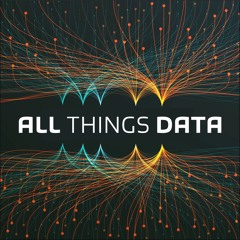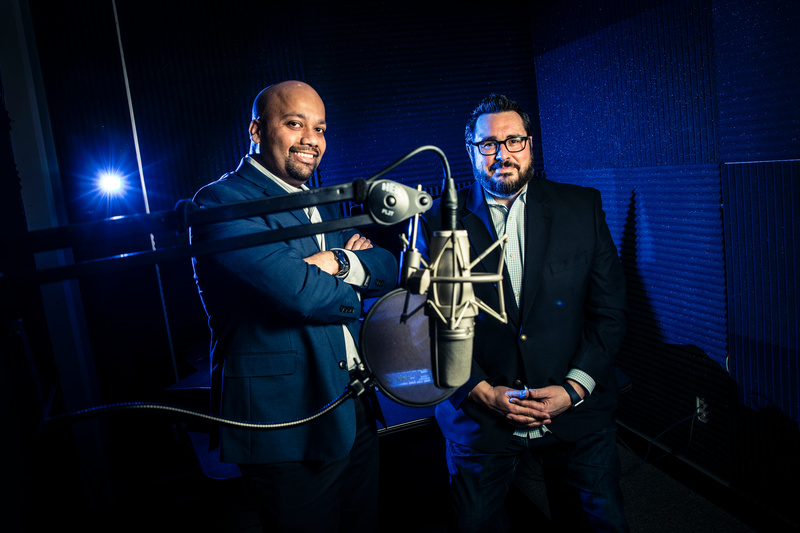
In the ever-evolving technology landscape, data analytics and data strategy continue to play a larger role in economics and business models. Director of the Center for Applied Artificial Intelligence at the University of St. Thomas, Dr. Manjeet Rege, co-hosts the "All Things Data" podcast with adjunct professor and Innovation Fellow Dan Yarmoluk. The podcast provides insight into the significance of data science as it relates to business models, business economics and delivery systems. Through informative conversation with leading data scientists, business model experts, technologists and futurists, Rege and Yarmoluk discuss how to utilize, harness, and deploy data science, data-driven strategies, and enable digital transformations.
Rege and Yarmoluk spoke with Doug Laney on data monetization within existing business models. Laney is a bestselling author and authority on data and data analytic strategy. His book, Infonomics: How to Monetize, Manage, and Measure Information for Competitive Advantage, was selected by CIO magazine as the "Must-Read Book of the Year" and "Top 5 Books for Business Leaders and Tech Innovators." Laney advises senior IT, business and data leaders on data monetization and valuation, data management and governance, external data strategies, analytics best practices, and establishing data and analytics in organizations. Here are some highlights from their conversation.
Q. How do you monetize data?
A. We can think about monetizing data internally, using it to generate improvements in business performance, in relationships, in developing new products and identifying new markets in a way that we can measure the impact of the data as it’s used. More externally, and perhaps more traditionally, we can bake it into existing products and services. We can sell data derivatives — insights and reports — rather than just the raw data. We can even barter or exchange data in return for goods and services or for favorable commercial terms.
Q. How is data different from traditional or physical assets?
A. Companies are increasingly adding new data sets, new data types, to their overall portfolio of data assets. It’s something that’s evolving and less static than perhaps more traditional types of assets.
Q. How does data strategy relate to business strategy?
A. It’s really incumbent upon organizations to have their business strategy be informed by their data strategy and look at what other organizations are doing with data outside their industry and think about how to adapt and adopt those ideas for their own business.
Listen to their conversation here:







